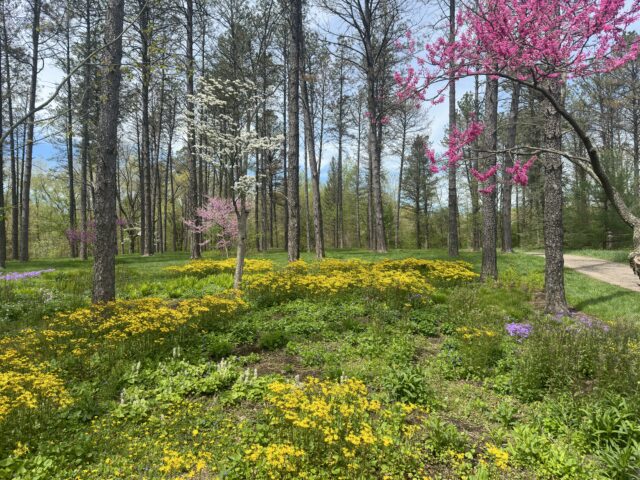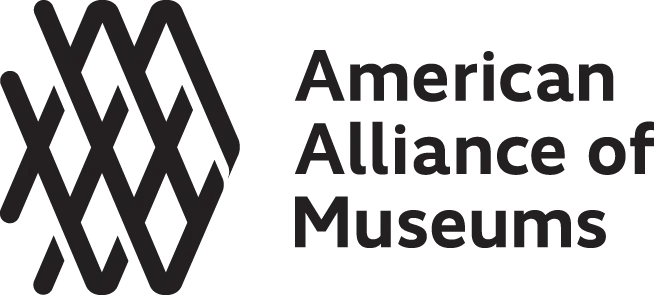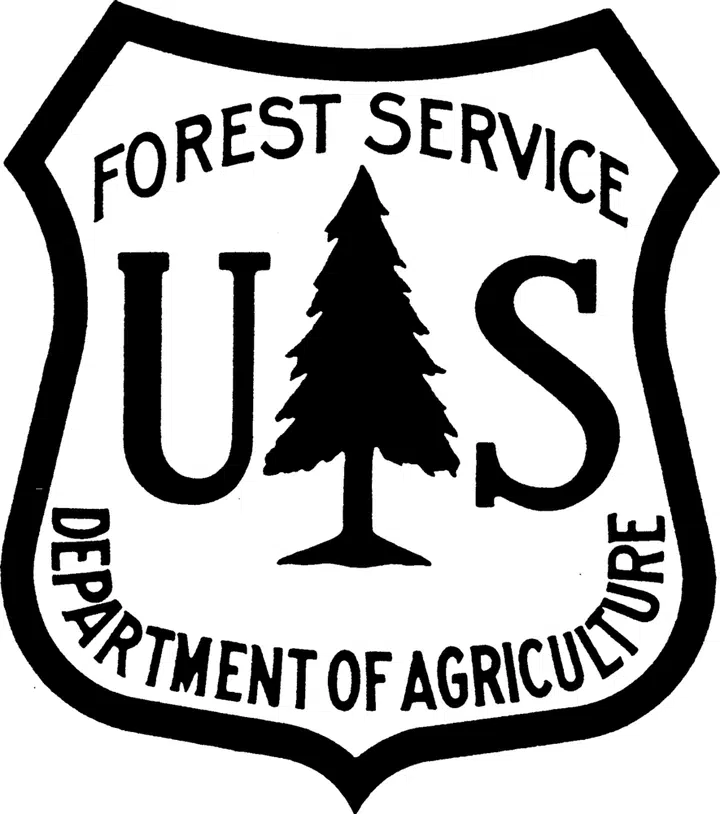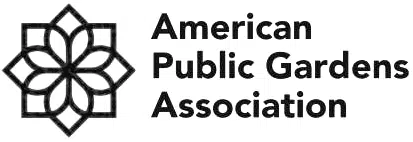
By Emma Dawson-Glass, Research Specialist
Scientists as a demographic are often viewed as a mythic group—the keepers of knowledge, uniquely capable of understanding complex systems, destined to their career choice from birth. However, this line of reasoning often makes the idea of becoming a scientist seem unattainable. Here in Holden’s Research Department, my fellow scientists and I often marvel at this perception. Usually, rather than talking about new groundbreaking scientific discoveries, most of our conversations revolve around the things we don’t know, all the facts we’ve forgotten, and the things we’ve messed up. These challenges do not make us feel like less capable scientists—rather, we view them as essential parts of the process.
Still, to the outside viewer, science and scientists can often feel alienating, particularly if you don’t know a scientist personally. In hopes of combatting this perception, over the next few months, we will be profiling some of the scientists that work in the Research Department at Holden. Our goal with these interviews is to highlight the diversity of backgrounds, interests, and trajectories within the field. To begin, I interviewed PhD student Alexa Wagner on how she got her start in science and what it means to her.
What is your role? What do you study?
I am a PhD student at Case Western Reserve University, in Dr. Katie Stuble’s lab. I’m studying the ecology of Northeastern forests during forest management and restoration. Management and restoration heavily rely on collaboration with scientists, land managers, students, and the public. Most of my research is done within a forest at the Arboretum called the Working Woods Learning Forest. This space is used as a demonstration site of sustainable forestry practices, which include thinning mature trees, invasive species removal, and native species plantings.
I spend a majority of my time in Working Woods, where we monitor the community of different plant species and their responses to management. My busiest time of the year is summer, which involves me and a team of students, volunteers, and technicians setting up experiments and surveying monitoring plots in the field. These surveys and experiments cast a wide net to better understand the health and productivity of forests. We specifically ask questions like: which tree species are growing and producing more offspring? Our efforts now will help us determine how things might look in a future altered by factors like climate change, environmental disturbances (including invasive species and land use change), and new environmental threats.
What drew you to science?
Nature was always a safe space for me and was where I was most comfortable. Learning about the plants and animals around me really captured my attention. I took a few classes in this field in college and ended up majoring in zoology. In college, I also worked in a diversity of science and environmental jobs, such as greenhouses, herbariums, and nature centers. Eventually I took an internship in the Holden Arboretum’s Research Department. It was during this internship that I developed the skills to answer questions about nature that I found interesting, which felt powerful. It allowed me to share that information to address other people’s questions, and to feel like I actually knew the answer. It also made me feel like I could have a positive impact on conservation questions.
Additionally, another component I loved about my experience at the arboretum was learning in a space that wasn’t school—it felt like everything I was doing had an impact. Above all, having amazing mentors had a huge impact. In sum, being curious about nature, having lots of questions, and having mentors that made me feel comfortable all drew me to science.
What is something you wish more people knew about becoming/being a scientist?
I feel like science is more about building relationships and learning from each other, rather than being an expert right away. Nobody was born a scientist, and you can learn and build on your skills. It’s a team effort—you stand on the shoulders of the people before you and help the people that come after you. Science should be seen as more about community, rather than individual discovery.
What is something you love about science?
Tinkering. It’s really difficult when you fail, but if you can embrace the failure and have fun you can learn so much. Science is a lot about problem solving and creative thinking, and it helped me to learn how to persevere. I love asking questions and being able to better understand the world around me, using these skills.
What is something in science you think could be better?
Diversity in general: diversity of thought, racial and ethnic diversity, diversity of educational background, etc. In general, ecology is a very open community, which allows for open communication, and people are definitely striving to make things more diverse. But things could always be better.
Also, science communication. I think at times there’s a disconnect between the general public and science. Science seems like a mystical thing, and we could try harder to hold relationships with our audience by understanding the emotions and background that people come to the table with.
What are you most excited about in your field today (e.g. new frontiers, new efforts, new techniques, new people, etc.)?
I’m very excited about forest management as a natural climate solution. Of course, we need to preserve existing, intact forests. But managing existing forests to be better able to store carbon, support habitat diversity, and provide clean water might help mitigate global change impacts, like diversity loss, pollution, and a warming climate. Since so much of the eastern US is forested, forests have a huge impact on the climate and could be used to do more.
Also, I’m excited about involving people in the restoration process. Restoration is fundamentally a human effort to improve degraded landscapes, and it brings a lot of people into the conversation about the state of the environment. It builds a philosophy that people need to be involved in addressing things like climate change. These natural solutions inherently involve people, which shows that our actions impact our environment.
What are 3 songs on your research playlist?
Hard Times by Paramore—keeps me going when I’m struggling with research roadblocks.
Walking and Running by Modest Mouse—helps me focus; it’s got a driving beat but is still mellow.
Don’t Stop by Fleetwood Mac—gets me motivated.
What is your favorite thing to do outside of your job as a scientist?
I love birding, working on home improvement projects (I really enjoy learning new improvement techniques and restoring old furniture), and spending time with pets and animals (I have a pet bunny names Willow, and plan to start fostering for the Humane Society soon!).











